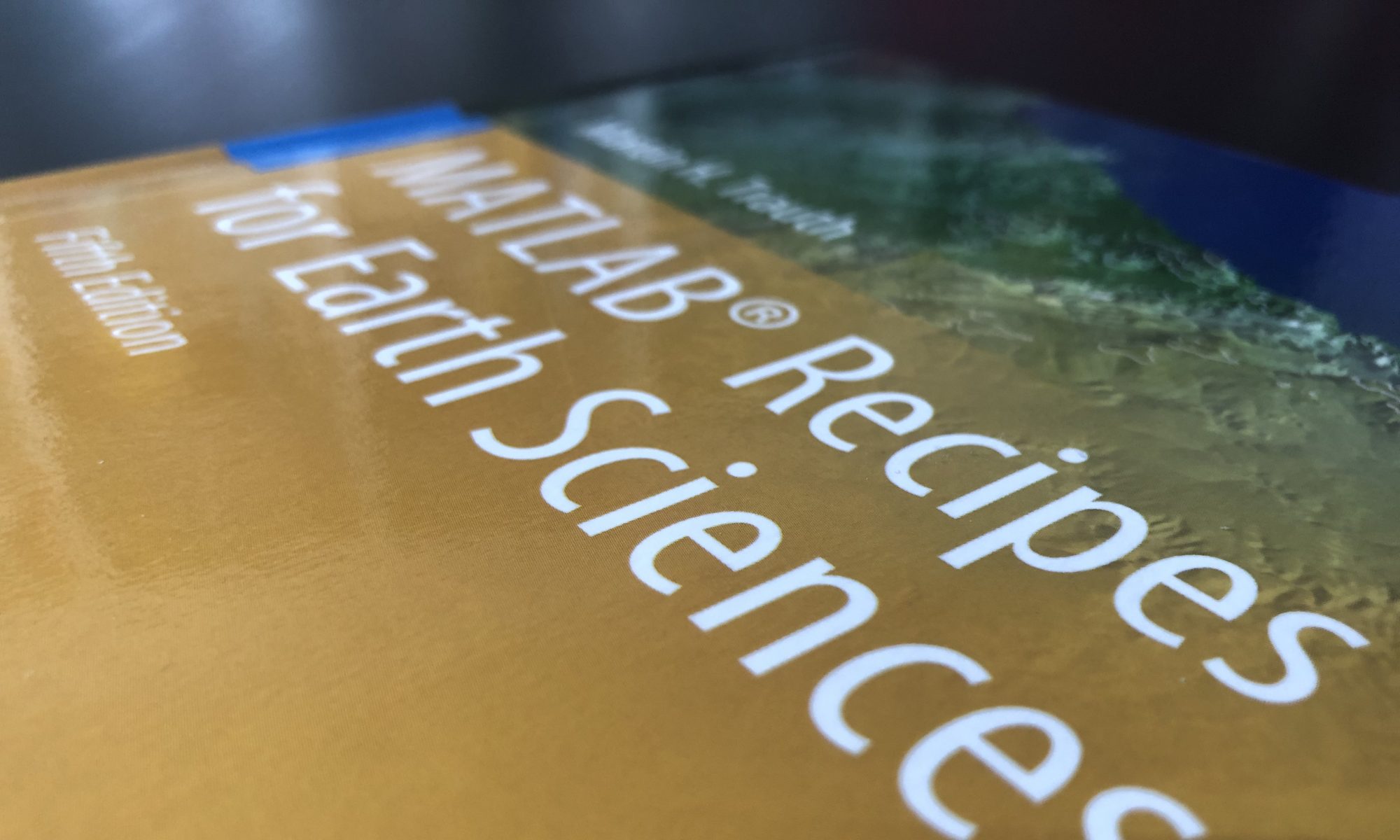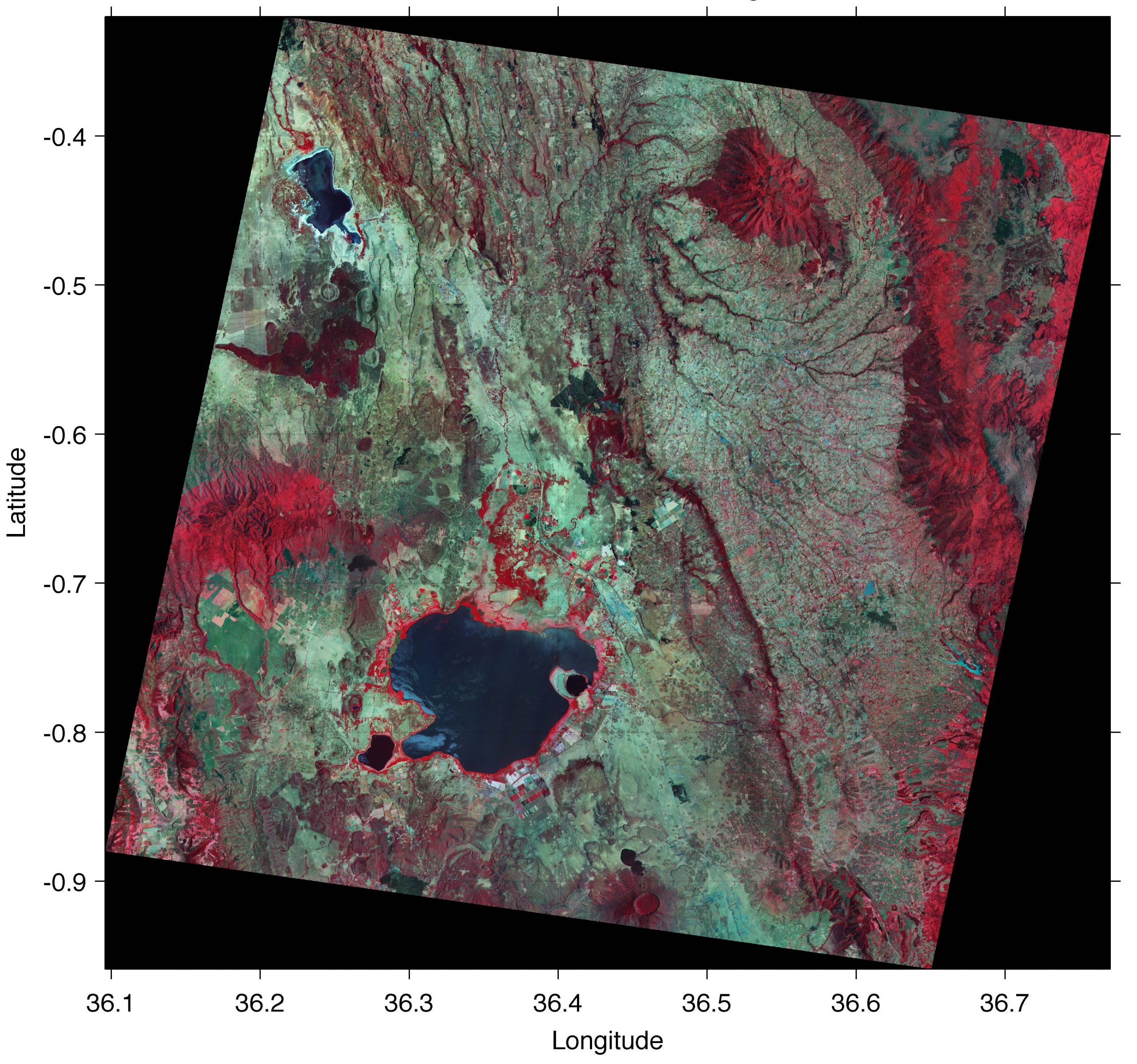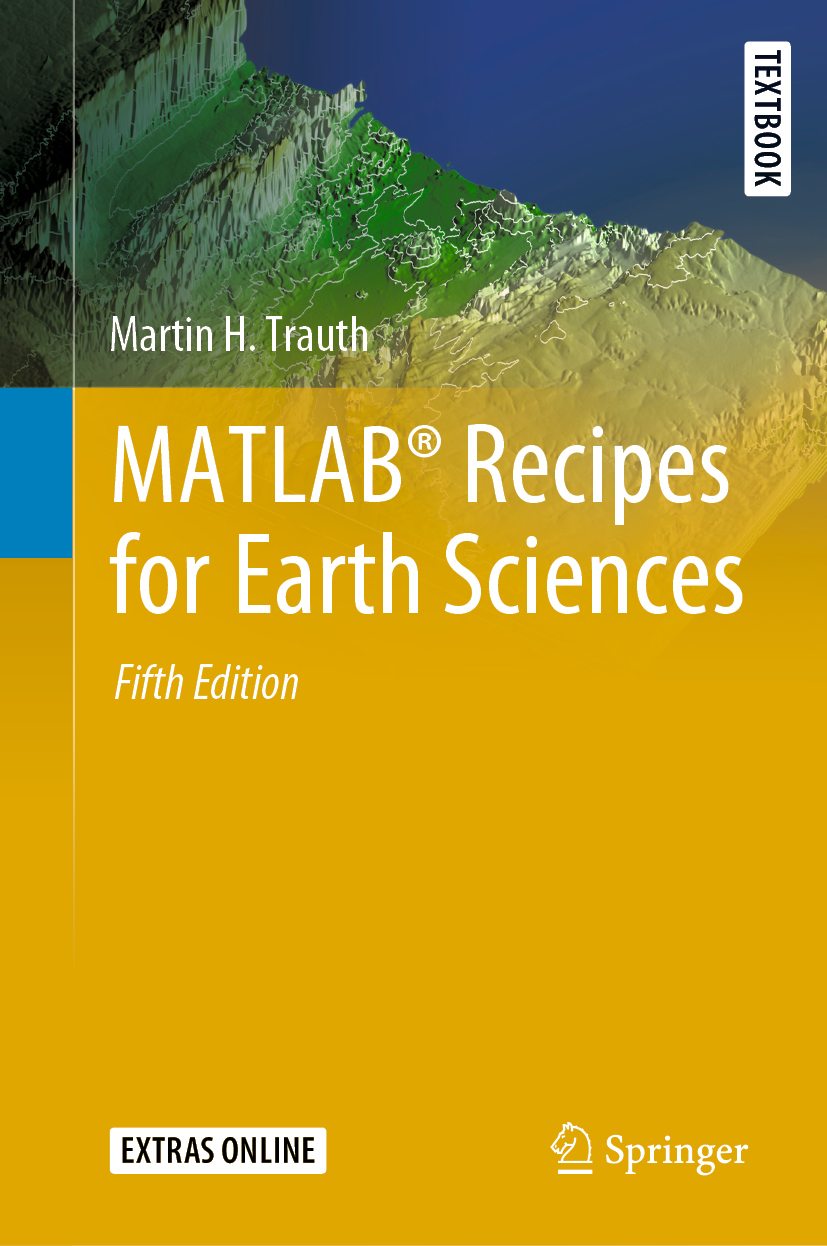It’s been almost 30 years since I started with MATLAB, coming from FORTRAN77, and at a time when Python was still in its infancy and 20 years before Julia was developed. In the meantime, Python seems to be more popular than MATLAB in the geosciences, but may soon be replaced by Julia – time for change, also for me!
Continue reading “The Recipes for Earth Sciences Go Trilingual: MATLAB, Python and Julia”








